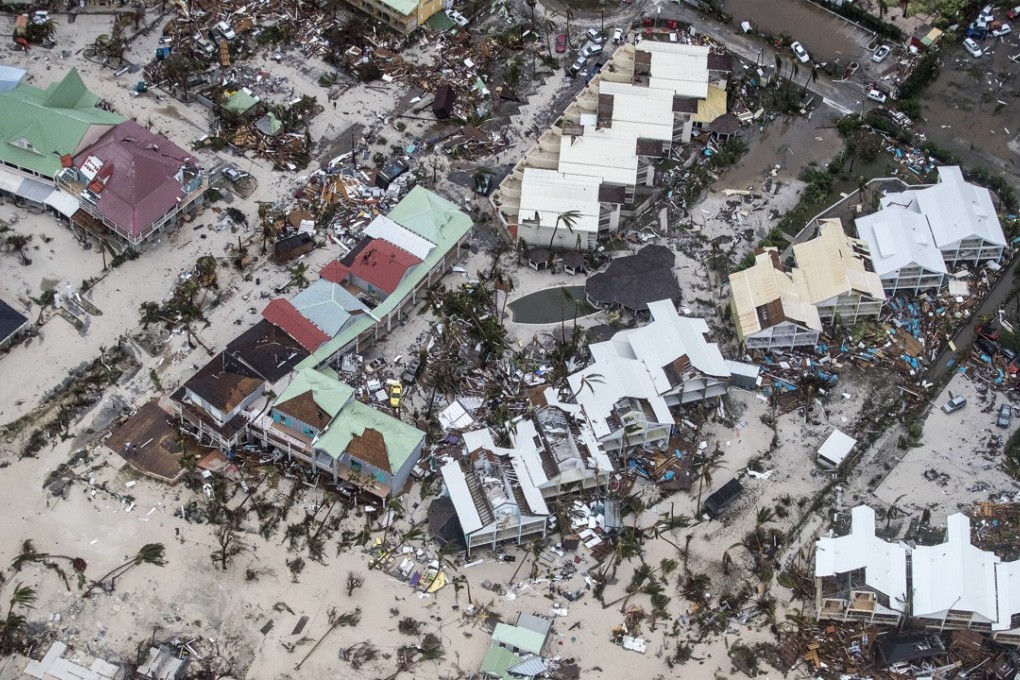Threat from storms cannot be doubted
The devastation wrought by hurricanes Harvey and Irma and Typhoon Hato is proof that the world needs to think long-term and reduce the carbon emissions that are causing warmer weather, greater evaporation from oceans and heavier rainfall

Climate change doubters like US President Donald Trump cannot deny that temperatures are rising and as a result, storms are becoming more dangerous. Irma, the most powerful Atlantic hurricane for a decade, proves that. So too did Hurricane Harvey in Texas with its record-breaking downpours, Typhoon Hato’s devastating rains and winds in Macau, Guangdong and Hong Kong, and deluges that have caused so much loss of life and damage across South Asia and in Africa and Europe. In many cases, the deaths and destruction could have been avoided had there been better preparedness, planning and infrastructure.
But expertise and wealth are only part of the equation; the world also needs to think long-term and reduce the carbon emissions that are causing warmer weather, greater evaporation from oceans and heavier rainfall.
Using cleaner fuel does not come to mind when deadly storms strike. Those most vulnerable are people in less wealthy countries living in low-lying areas with poor drainage systems in places where there has been rapid urban growth. Those circumstances are largely behind the more than 1,200 deaths and evacuations of millions in India, Bangladesh and Nepal, and the loss of several thousand lives in Africa, with Sierra Leone, where mudslides killed more than 1,000, the worst hit. But with rainfall getting more intense and less easy to accurately predict, it is not just the poor who are at risk; the 10 deaths in Macau and 70 in the Houston area in Texas prove that. The toll in both cases could have been much higher had it not been for search and rescue mechanisms. Lessons have been learned and efforts are now being taken to prevent future such losses.
Scientists contend that for each one-degree Celsius rise in the global temperature, the capacity of the atmosphere to absorb moisture increases by 7 per cent. It is little wonder, then, that the Paris climate change accord has been ratified by 160 countries, the aim being to cut the air pollution behind rising temperatures. China and India understand that, yet Trump does not; his decision for the US to leave the pact was, given the threats, ill-informed and reckless.
